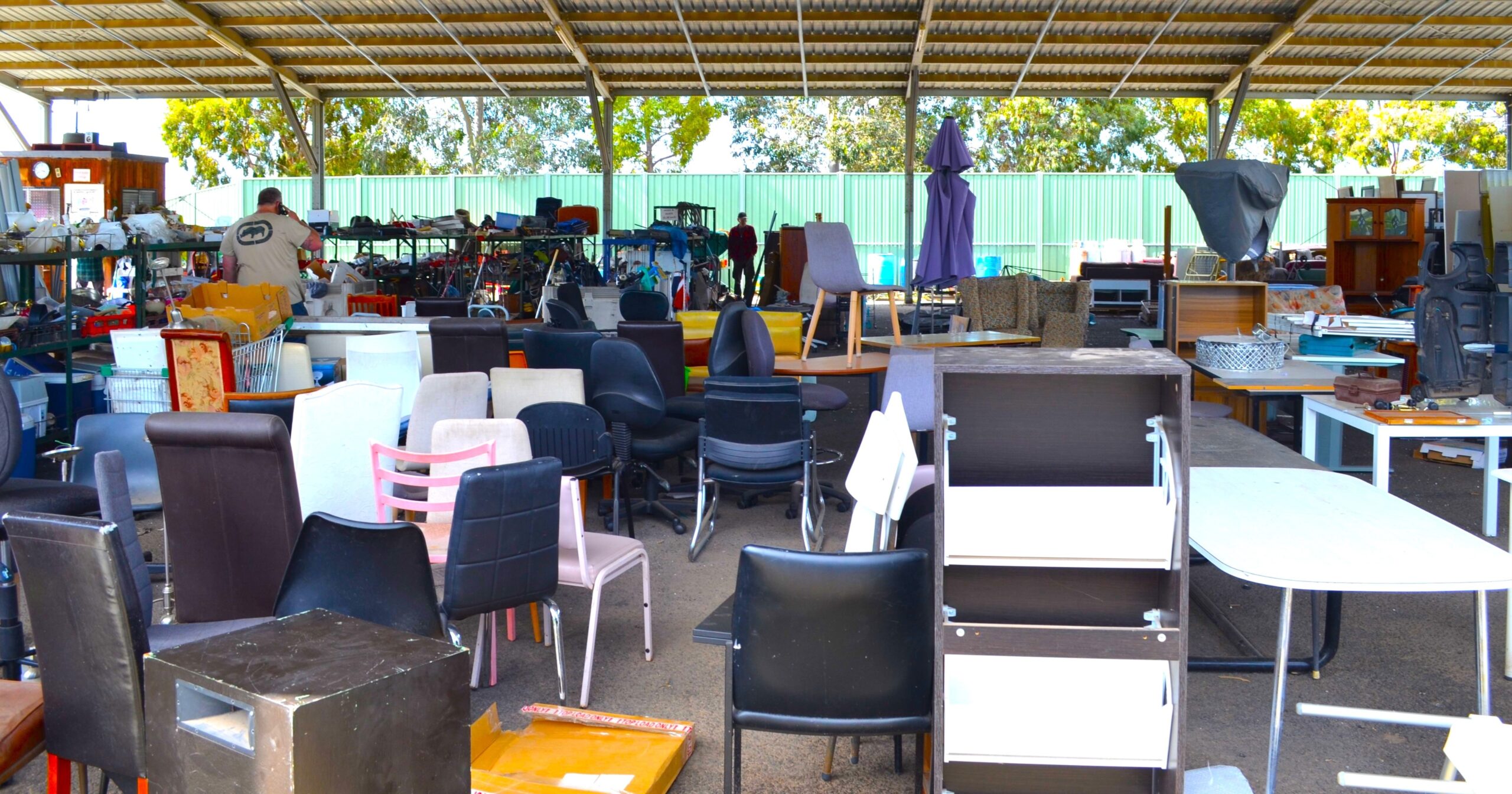Bendigo the birthplace of women’s cricket

Raise the bat: Louise Zedda-Sampson (centre) researched Australia’s first ever women’s cricket game played right here in Bendigo for her book, Bowl the Maidens Over. Photo: KATIE MARTIN
ON the afternoon of this year’s Women’s Big Bash League final, Louise Zedda-Sampson launched Bowl the Maidens Over, her book examining the very first game of women’s cricket ever played in Australia, held right here in Bendigo one-hundred-and-forty-seven years ago.
Zedda-Sampson, a Melbourne-based writer, first uncovered the story of the origins of Australian women’s cricket while doing a research project for a cricket club in 2015.
“It really got me,” she said. “I thought ‘this is a real success story for the women’, and the more I looked for information on it, there wasn’t anything around.”
The 1874 game was played at Rosalind Park, known then as Camp Reserve, as a fundraiser for the Bendigo Hospital and then-Bendigo Benevolent Asylum, now the Anne Caudle Centre.
Compelled by the women and their determination to break down societal barriers held firmly in place at the time, Zedda-Sampson began a deep dive into researching the charity match with the help of Bendigo Historical Society’s Dennis Johanson.
“I’ve told the story through the media reports of the day so that people can get the varied views and the responses to the women’s games and how they played,” Zedda-Sampson said.
“It gives a real on-the-ground sense of what it was like for the women as sports people, and as women.
“When people pick up the book, they can walk through those first games and they will feel how the ladies felt.”
She said it was the women’s story, not the sport, that inspired the book.
“For me, it was more their story of really putting their all in, giving it a go and trying to do something for their community,” she said.
“Even in the face of criticism, they kept on going. That really touched a nerve with me, and I thought ‘there’s a story here I really want to write about’.”
Zedda-Sampson said she felt it was important to look back on the past and acknowledge the challenges women faced while trying to assert their independence.
“If you think about the struggles we’ve had now with women in sports, business, even finding their own identities, it’s been a long road,” she said.


















